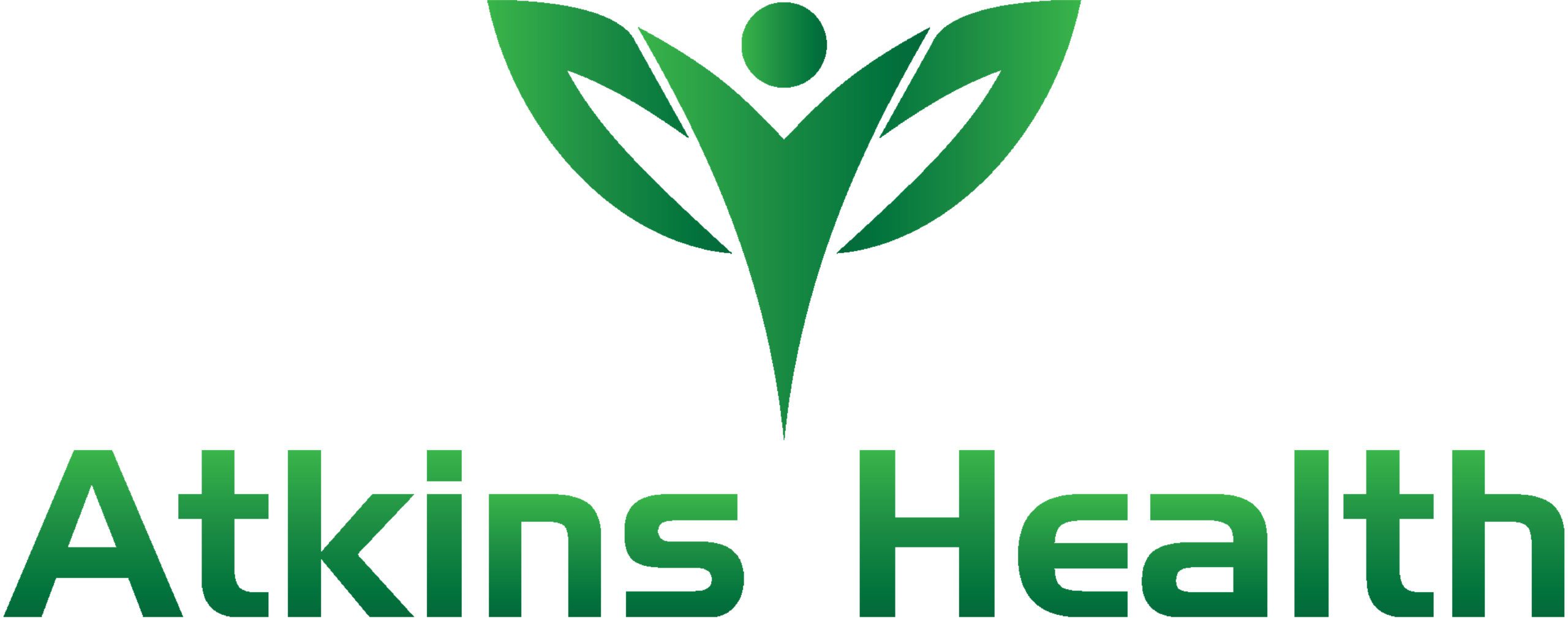Using sport to improve school performance

Sport is a great way for young children to stay active, healthy, and entertained, but did you know that sport has also been linked to improving engagement and performance at school? Physical activity has been shown to improve brain activity, which plays a pivotal role in a child’s development.
Not only is sport a fun and cost-effective way for children to develop physical, social, and emotional skills – but it can also help students build confidence, develop leadership skills, and improve their academic performance. We explore how sport is linked to childhood development, and how it could benefit your child to reach their full potential.
Developing skills for success in school and life
Executive functioning skills are a set of cognitive abilities that inform our behaviour and thought processes. They begin to develop gradually from childhood and continue right through to adulthood. Executive functioning skills allow us to focus attention, plan and prioritise tasks, remember instructions and follow through on them, regulate emotions, and inhibit impulses. These skills are essential for academic and personal success, and research has shown that regular exercise can enhance executive functioning skills.
The link between sport and executive functioning skills
We know that sport is great for physical development, but understanding its role in mental development is a little more complex. At a top level, exercise has been proven to improve brain function and enhance the growth of brain cells. When we exercise, the levels of neurotransmitters in the brain, including dopamine and serotonin, increase. These chemicals play a critical role in executive functioning skills, helping to regulate attention, motivation, and mood.
Regular exercise has also been linked to improved cognitive skills such as memory, attention, and decision-making. This helps children plan and organise their activities, prioritise tasks, and manage time effectively. Sport is a great way to get children involved in exercise while simultaneously fuelling their brain with everything it needs to develop and thrive.
When is the best time to get involved?
Executive functioning skills develop from childhood through adolescence and into adulthood, with the most rapid rate of development occurring in childhood and adolescence. These skills begin in children without the development of foundational executive functioning skills such as impulse control, attention, and working memory. The rate of development is influenced by genetic and environmental factors, such as exposure to stress, nutrition, and sleep.
Exercise programs introduced between the ages of 5 – 14 years have shown to be particularly beneficial for developing key executive functioning skills. Specialised programs can help create a supportive and structured environment for children to practise, while modelling positive behaviours through exercise.
Atkins’ My Strong Kids Program
My Strong Kids is Atkins Heath’s specialised exercise program. It uses play and games that kids love to help improve executive functioning skills. Tailored to suit children up to Years 7 & 8, the program is ideal for all kids, including those with learning and physical difficulties.
Our team of expert exercise physiologists is experienced in working with children with:
- ASD – Autism Spectrum Disorder
- ADHD – Attention Deficit Hyperactivity Disorder
- Spina Bifida
- Cerebral Palsy
Our programs are designed to offer a fun, exciting environment for kids to develop key life skills. Each session will typically begin with a warm-up before moving into a strength program specifically designed to help develop:
- Impulse control
- Emotion control
- Organisation
- Working memory
- Task initiation
- Flexible thinking
- Self-monitoring
- Planning
We conduct regular comprehensive assessments of special tests related to youth development. This helps us understand individual needs and monitor each student’s unique progress.
Get in touch to find out how exercise can help unlock your child’s full potential.


